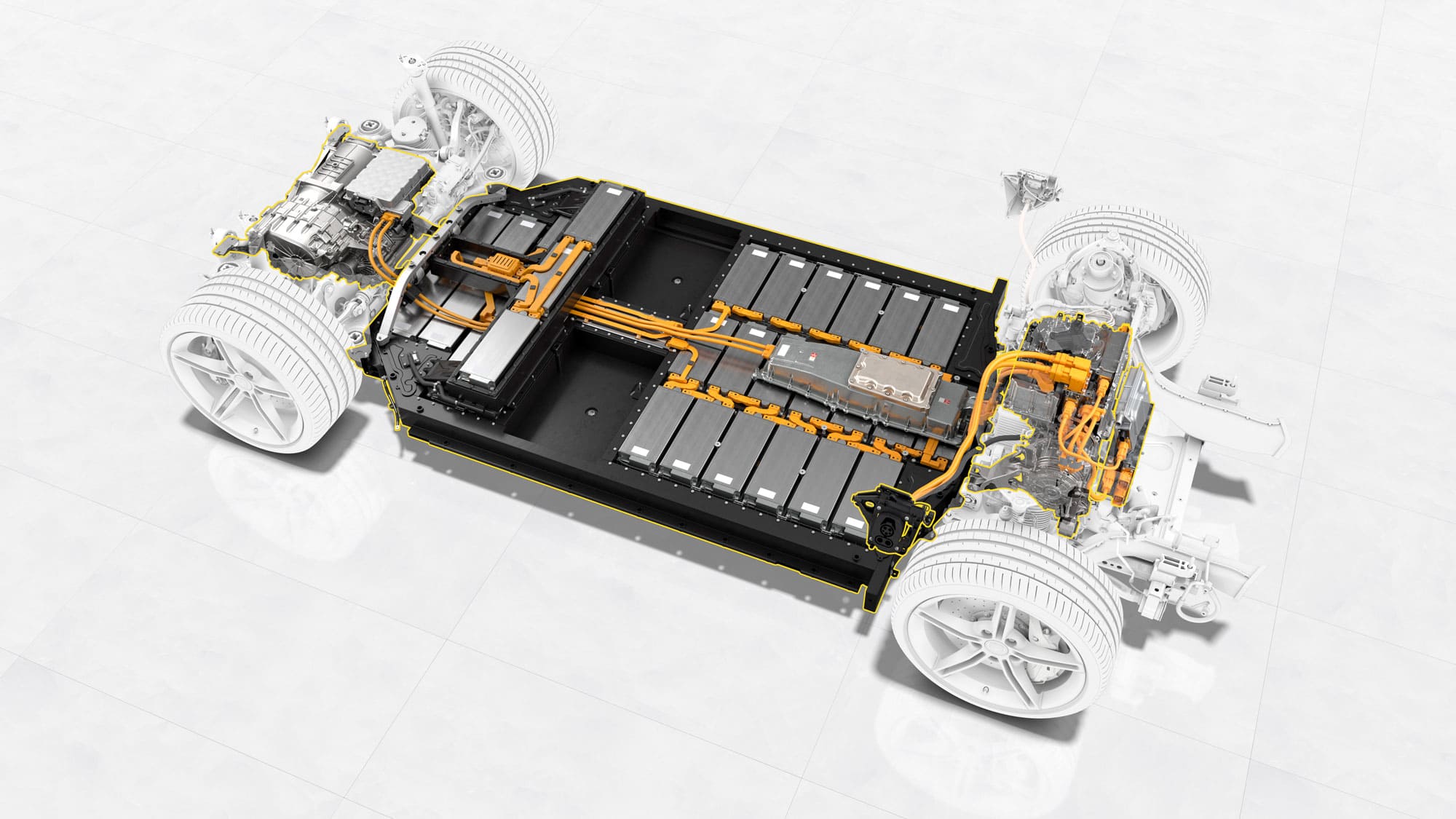BASF has been selected by the Cellforce Group, a joint venture between Porsche AG and CUSTOMCELLS®, as the exclusive cell development partner for its next generation lithium-ion batteries. Under the collaboration, BASF will provide high-energy HEDTM NCM cathode materials for high-performance battery cells that enable fast charging and high energy density. The Cellforce Group, based in Tübingen, Germany, will manufacture the high-performance batteries. Cellforce’s production facility is scheduled to come on stream in 2024 with an initial capacity of at least 100 MWh per year, producing batteries for around 1,000 motorsport and high-performance vehicles.
As a leading global supplier of high-performance cathode materials with a strong research and development network, BASF is ideally positioned to contribute to a circular economy together with partners. With its production facilities for precursors for cathode materials in Harjavalta, Finland, and for cathode materials in Schwarzheide, Brandenburg, Germany, BASF will be able to offer battery materials with an outstanding sustainability balance from 2022.
This will be made possible through responsible and reliable raw material sourcing, while at the same time BASF aims to have the lowest carbon footprint along the supply chain. Production waste from the Cellforce Group’s future battery production plant will be recycled at BASF’s prototype battery recycling plant in Schwarzheide, thus closing the loop. Lithium, nickel, cobalt and manganese will be recycled in a hydrometallurgical process and reintroduced into the BASF production process for cathode materials.
“We are pleased to collaborate with Cellforce Group on the development of future high-performance batteries for electric vehicles and to work towards our common goal of sustainable mobility,” said Markus Kamieth, member of the Board of Executive Directors of BASF SE. “BASF’s cathode materials will be tailored to specific needs thanks to our strong research and development expertise. They will also have industry-leading low CO₂ emissions thanks to our efficient manufacturing process, high share of renewable energy, upstream integration with key raw materials and short transport distances along the value chain. With battery recycling, we can ensure that valuable materials remain in the production cycle and further reduce the carbon footprint of our cathode materials by probably up to 60 per cent in total.”
The cooperation with BASF is a win-win situation for all parties involved. European sources for the nickel and cobalt materials, the associated security of supply and the short transport distances from Schwarzheide to Baden-Württemberg were all important arguments for the decision to work with BASF. The battery cells – especially the cathode materials – are at the centre of the considerations here. We are very pleased to be working with BASF to bring an environmentally friendly cell technology to series production readiness.”
“With its in-depth expertise in cathode materials, BASF is supporting us in a core area of cell development,” said Markus Gräf, managing director of the Cellforce Group. “The cathode materials show very high cycle stabilities right from the start and are particularly good at fast charging. Exactly the properties Cellforce was looking for. BASF is also very committed to adapting the cathode materials to the requirements of the next generation of silicon anodes. And in the production area, we have also worked out a concept together with BASF on how to collect production waste in the various areas and return it to closed-loop recycling. This saves costs and conserves resources as well as the environment.”



